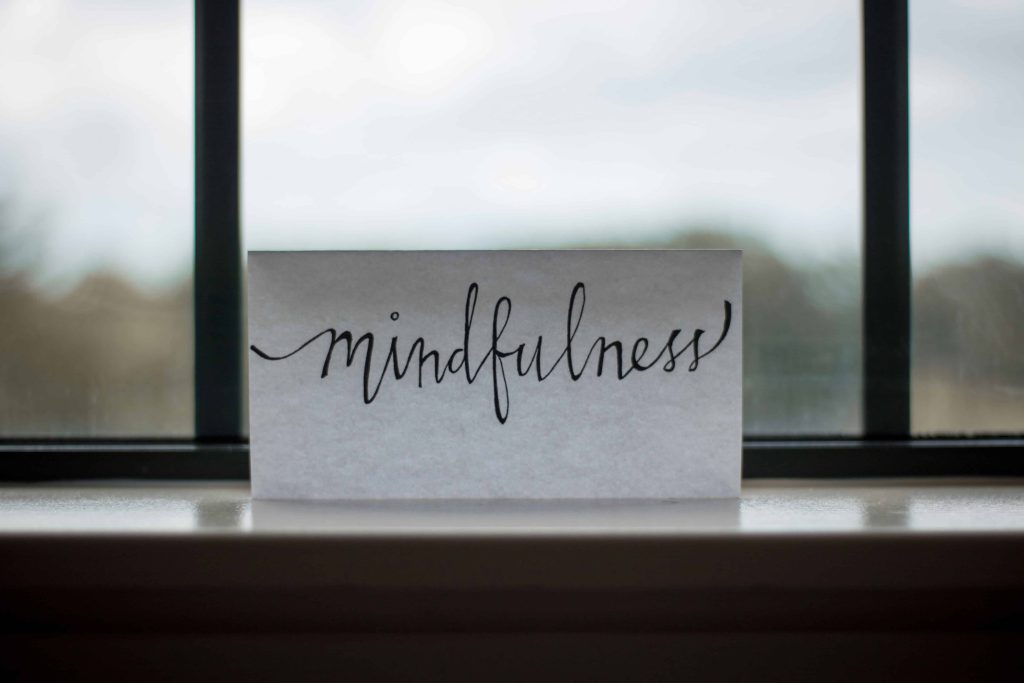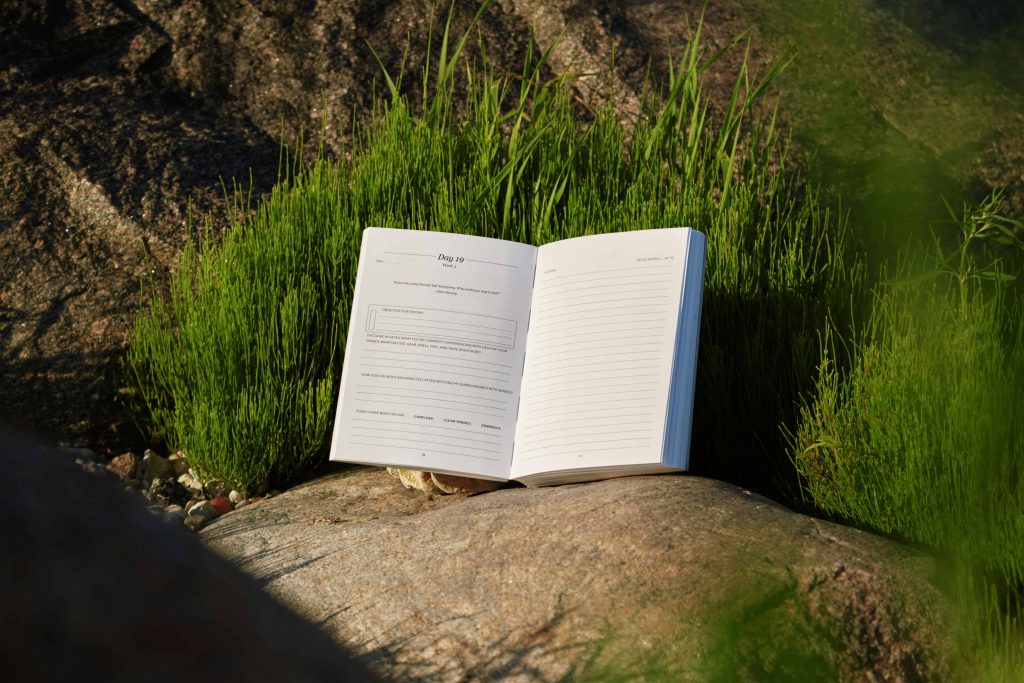
Poetry and Mindfulness: Finding Inner Peace
In today’s world, where constant busyness and distractions often cloud our minds, achieving inner peace can feel like a distant dream. However, integrating poetry and mindfulness into daily routines offers profound tools for cultivating tranquility and self-awareness. Poetry, with its rich language and emotional depth, and mindfulness, with its focus on present-moment awareness and emotional balance, together provide a powerful approach to finding inner peace. This article delves into how these practices can contribute to self-reflection, emotional regulation, and heightened awareness of the present moment, ultimately fostering a more peaceful and centered life.
Poetry as a Tool for Self-Reflection
The Role of Poetry in Exploring Emotions and Experiences
Poetry serves as a reflective mirror, capturing the nuances of human emotion and experience with precision and beauty. Unlike straightforward prose, poetry employs metaphors, similes, and rhythmic patterns to delve deeply into complex emotional landscapes. The concise and evocative nature of poetry allows readers to explore and articulate feelings that may be difficult to express otherwise. By engaging with poetic texts, individuals can confront their emotions, understand their own experiences better, and articulate aspects of their inner lives that might remain unspoken in everyday language.
How Poetry Can Help Individuals Identify and Understand Their Thoughts and Feelings
Poetry encourages introspection and self-discovery by presenting emotions and thoughts in a distilled, impactful format. The process of reading or writing poetry often involves reflecting on its themes and language, prompting individuals to connect more deeply with their own thoughts and feelings. Through this engagement, people can identify recurring emotional patterns and thought processes, leading to greater self-awareness. This understanding is crucial for personal growth, as it helps individuals recognize and address underlying issues affecting their emotional well-being.
The Power of Poetry to Evoke Empathy and Compassion
One of the most profound effects of poetry is its ability to evoke empathy and foster compassion. By immersing oneself in the diverse perspectives presented in poetry, readers can gain insight into experiences and emotions beyond their own. This exposure to different viewpoints fosters a sense of connection and understanding, enhancing emotional intelligence and compassion. Through empathetic engagement with poetry, individuals can develop a greater appreciation for the shared human experience, ultimately leading to a more compassionate and emotionally balanced perspective.

Mindfulness Practices and Inner Peace
Definition and Key Principles of Mindfulness
Mindfulness is a practice rooted in ancient contemplative traditions, including Buddhism, that emphasizes maintaining an awareness of the present moment with acceptance and non-judgment. Key principles of mindfulness include:
- Awareness: Paying attention to thoughts, feelings, and sensations as they occur.
- Acceptance: Embracing whatever arises without judgment or resistance.
- Non-reactivity: Observing experiences without being overwhelmed or controlled by them.
These principles guide individuals to cultivate a deeper awareness of their internal and external experiences, promoting emotional balance and reducing stress.
The Benefits of Mindfulness for Stress Reduction and Emotional Well-Being
Numerous studies highlight the benefits of mindfulness for stress reduction and emotional well-being. Mindfulness practices, such as meditation and mindful breathing, have been shown to lower cortisol levels, reduce symptoms of anxiety and depression, and enhance overall emotional resilience. By fostering a state of non-reactive awareness, mindfulness helps individuals manage stress more effectively and respond to challenges with greater composure. This increased emotional resilience contributes to a more stable and balanced emotional state.
How Mindfulness Can Cultivate Present-Moment Awareness and Acceptance
At its core, mindfulness cultivates present-moment awareness by encouraging individuals to fully engage with their current experiences. This focus on the present moment helps individuals disengage from ruminative thoughts about the past or anticipatory anxiety about the future. By practicing mindfulness, individuals learn to accept their experiences as they are, fostering a sense of peace and contentment. This acceptance reduces the tendency to become overwhelmed by external stressors or internal conflicts, promoting a more serene and centered state of being.

The Intersection of Poetry and Mindfulness
How Poetry Can Enhance Mindfulness Practice by Providing a Rich Source of Contemplation
Poetry and mindfulness complement each other by offering rich opportunities for contemplation and reflection. Engaging with poetry can deepen mindfulness practice by providing evocative imagery and thought-provoking themes that encourage deeper exploration of the present moment. The reflective nature of poetry invites individuals to pause and immerse themselves in the text, enhancing their focus and awareness. By integrating poetry into mindfulness practice, individuals can enrich their contemplative experience and foster a more profound connection to the present moment.
The Use of Poetic Imagery to Cultivate Present-Moment Awareness and Reduce Rumination
Poetic imagery captivates the mind and helps anchor it in the present moment. The sensory details and metaphorical language found in poetry can draw attention away from distracting thoughts and concerns. By immersing oneself in the vivid descriptions and emotional resonance of poetry, individuals can shift their focus from past regrets or future anxieties to the immediate experience of reading or writing. This use of imagery aids in reducing rumination and promoting a more mindful engagement with the present moment.
The Practice of Mindful Poetry Recitation and Its Benefits
Mindful poetry recitation involves reading or reciting poetry with heightened awareness and presence. This practice encourages individuals to fully engage with the text, savoring each word and its emotional impact. Mindful recitation enhances the appreciation of poetic language and its ability to evoke deep emotional responses. Additionally, this practice reinforces the principles of mindfulness by encouraging a focused, non-reactive engagement with the poem, promoting a deeper sense of calm and presence.

Poetry and Mindfulness in Daily Life
Incorporating Poetry and Mindfulness into Daily Routines
Incorporating poetry and mindfulness into daily life can significantly enhance overall well-being and contribute to a greater sense of inner peace. Simple practices such as starting the day with a poem or ending the day with a mindfulness exercise can be seamlessly integrated into daily routines. By setting aside dedicated time for these practices, individuals can create moments of reflection and calm amidst their busy lives. Establishing a routine that includes both poetry and mindfulness fosters a consistent practice that supports ongoing emotional balance and self-awareness.
Practical Tips for Using Poetry and Mindfulness to Promote Inner Peace
- Start a Poetry Journal: Keep a journal dedicated to poetry reflections. Write down thoughts and feelings about the poems you read, and explore how they relate to your own experiences. This practice encourages introspection and self-awareness.
- Set Aside Time for Mindfulness: Allocate specific times each day for mindfulness practices, such as meditation or mindful breathing. Incorporate poetry into these sessions by focusing on a poem’s imagery or themes during mindfulness exercises.
- Create a Relaxing Space: Designate a quiet, comfortable space in your home for reading poetry and practicing mindfulness. This space should be free from distractions and conducive to relaxation and contemplation.
The Potential Challenges and Strategies for Overcoming Them
Integrating poetry and mindfulness into daily life may present challenges, such as finding time or maintaining consistency. To address these challenges:
- Set Realistic Goals: Start with short, manageable practices and gradually increase the duration as you become more comfortable.
- Create a Routine: Establish a regular schedule for poetry and mindfulness practices to build consistency and make them a natural part of your day.
- Be Patient: Understand that developing these practices takes time and persistence. Be patient with yourself and adapt the practices to fit your lifestyle and preferences.

Conclusions
Poetry and mindfulness offer complementary pathways to inner peace, providing valuable tools for self-reflection, emotional regulation, and present-moment awareness. By exploring the intersection of these practices, individuals can cultivate a deeper sense of calm and well-being. The enduring value of poetry and mindfulness lies in their ability to enhance our understanding of ourselves and our experiences, ultimately contributing to a more peaceful and fulfilling life. Embracing these practices can lead to transformative benefits, offering a pathway to inner peace and overall well-being.
Key Takeaways
- Integration of Poetry and Mindfulness: Combining poetry and mindfulness can significantly enhance inner peace by fostering self-reflection, emotional regulation, and present-moment awareness.
- Poetry’s Reflective Power: Poetry acts as a mirror for exploring emotions and experiences, allowing individuals to articulate complex feelings and gain deeper self-understanding.
- Mindfulness Benefits: Mindfulness promotes emotional balance and stress reduction by encouraging present-moment awareness, acceptance, and non-reactivity, which enhances overall well-being.
- Enhancing Mindfulness with Poetry: Engaging with poetic imagery can deepen mindfulness practice by anchoring attention in the present moment and reducing rumination.
- Practical Integration: Incorporate poetry and mindfulness into daily routines through practices like journaling, mindful recitation, and creating a dedicated space for reflection.
- Overcoming Challenges: Address common challenges by setting realistic goals, establishing a routine, and being patient with the integration process.
Frequently Asked Questions
How can poetry enhance mindfulness practice?
Poetry enhances mindfulness by offering evocative imagery and themes that deepen reflective contemplation. Engaging with poetic texts can heighten awareness of the present moment, encourage deeper emotional exploration, and enrich mindfulness practices by focusing attention on the immediate experience of reading or writing.
What are the benefits of mindful poetry recitation?
Mindful poetry recitation involves reading or reciting poetry with heightened awareness. This practice enhances appreciation for poetic language, evokes profound emotional responses, and reinforces mindfulness principles by promoting a focused, non-reactive engagement with the text, contributing to a greater sense of calm and presence.
How can I incorporate poetry and mindfulness into my daily routine?
To integrate poetry and mindfulness into daily life, start by setting aside time for both practices. You can begin your day with a poem and end it with a mindfulness exercise, keep a poetry journal for reflections, and create a serene space for these activities. Consistency and patience are key to building a lasting practice.
Dive into the world of poetry where nature plays a central role, and find out how these poetic portrayals can enhance your own relationship with the earth and its wonders.